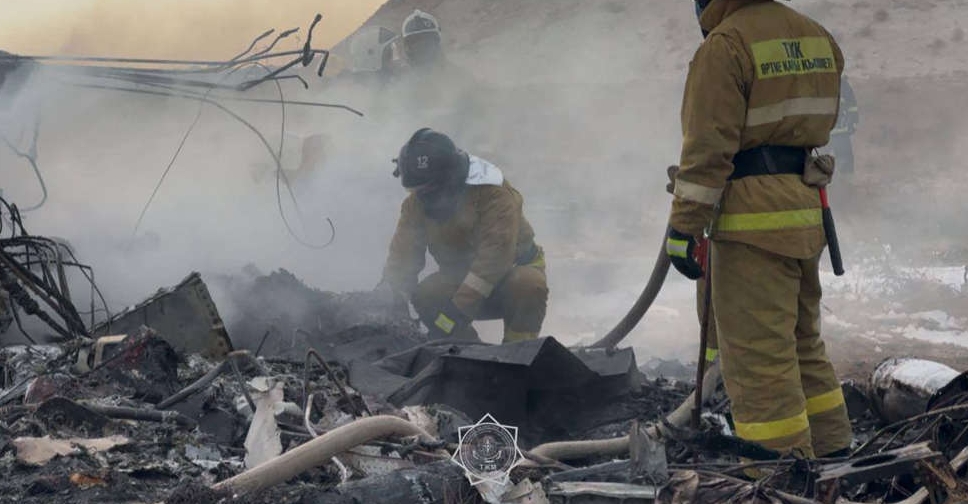
Experts have fanned out in India's southern state of Kerala to collect samples of fluid from bats and fruit trees in a region where the deadly Nipah virus has killed two people and three more have tested positive.
The state is battling its fourth outbreak since 2018 of a virus for which there is no vaccine, and which spreads through contact with the body fluids of infected bats or people, killing up to 75 per cent of those infected.
"We are testing human beings ... and at the same time experts are collecting fluid samples from forested areas that could be the hotspot for the spread," Veena George, the state's health minister, told Reuters.
Samples of bat urine, animal droppings and half-eaten fruit were collected from Maruthonkara, the village where the first victim lived, set beside a 300-acre forest home to several bat species.
Fruit bats from the area had tested positive for the Nipah virus during an outbreak in 2018, the state's first.
"We are in a stage of hypervigilance and detection," George said, adding that 77 people had been identified as being at high risk of infection.
Nearly 800 people have been tested over the last 48 hours in the state's district of Kozhikode, with two adults and a child put in hospital for observation after proving positive.
Public offices, government buildings, educational centres and religious institutions were shut in nine villages of the district, while public transport was suspended in the area at risk.
The neighbouring states of Karnataka and Tamil Nadu have ordered tests for visitors from Kerala, with plans to isolate any who show symptoms of influenza.
The virus can infect a range of animals, fuelling the chances of spread. It can be caught either through direct contact or by consumption of contaminated food.
It was first identified in 1999 during an outbreak of illness among pig farmers and others in close contact with the animals in Malaysia and Singapore.
Outbreaks are sporadic and previous infections in South Asia were traced to consumption of items contaminated with bat excreta.
Kerala's first Nipah outbreak killed 21 of the 23 infected, while subsequent outbreaks in 2019 and 2021 killed two people.
In May, a Reuters investigation showed parts of Kerala among the places most at risk globally for outbreaks of bat viruses, as the clearing of forests for development throws people and wildlife into closer contact.



 Israel strikes Yemen airport as WHO chief boards plane
Israel strikes Yemen airport as WHO chief boards plane
 Syria's new rulers declare crackdown as tensions flare in coastal area
Syria's new rulers declare crackdown as tensions flare in coastal area
 UNIFIL urges timely Israeli pullout from south Lebanon under truce deal
UNIFIL urges timely Israeli pullout from south Lebanon under truce deal
 Manmohan Singh, India's reluctant prime minister, dies aged 92
Manmohan Singh, India's reluctant prime minister, dies aged 92
 Russian air defence downed Azerbaijan Airlines plane: Sources
Russian air defence downed Azerbaijan Airlines plane: Sources







